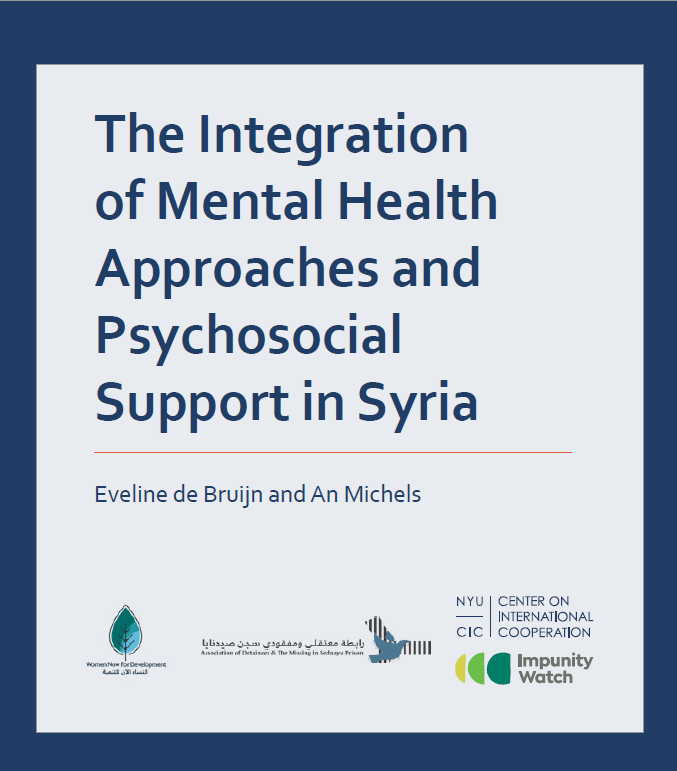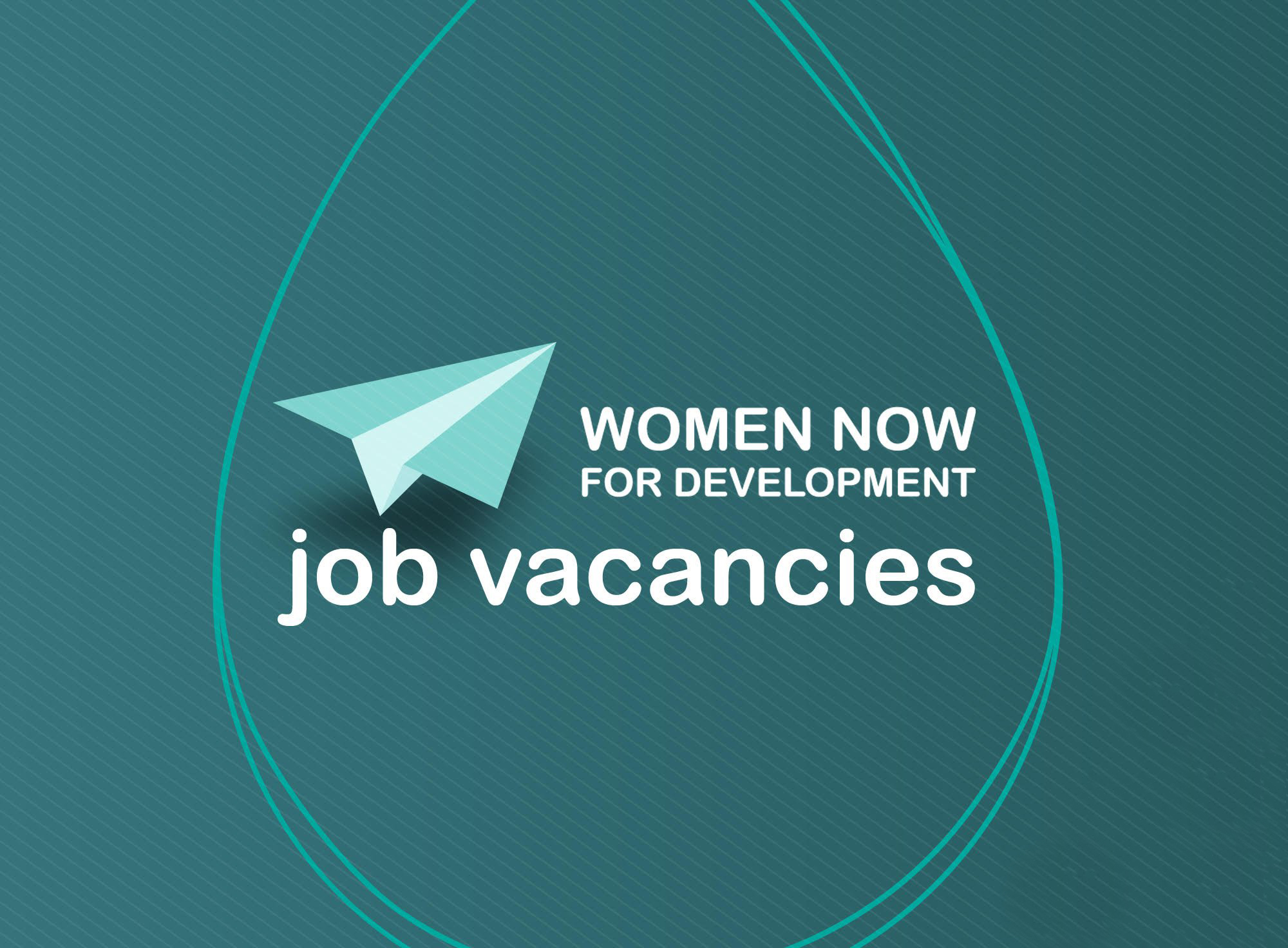Source: openDemocracy
Alongside this year’s UN CSW, we asked women doing gender work across the globe how US President Donald Trump’s administration might affect their region.
From North to South, we are witnessing a global backlash against women’s rights progress. Perhaps the most visible example of this worldwide trend is the White House’s newest resident and his administration.
With the election of Donald J. Trump, the global balance of power appears to be shifting. Since taking office, the Trump administration has proposed two executive orders barring travel and immigration from certain Muslim-majority countries in the Middle East and Africa. Though the bans are now in court, they hurt attendance at this year’s United Nations Commission on the Status of Women (CSW61), held in New York, 13 March – 24 March. According to Passblue, not one country listed in either executive order (Iran, Iraq, Libya, Somalia, Sudan, Syria, Yemen) sent civil-society delegations to the CSW61.
As Passblue’s Laura Kirkpatrick points out, “[T]he role that the US ambassador to the UN, Nikki Haley, took at the conference – minimal and guarded – symbolized how much the US has turned away from providing strong support for women’s equal rights and moved toward restricting those opportunities.” Not only did Haley not engage in any of the 290-plus side events held at CSW61 this year, but the United States, which usually sponsors two–three of these side events, hosted only one– an event on indigenous women originally organized by Mexico and Canada.
Alongside CSW61, we interviewed twelve women whose countries, regions, and work, stand to be affected by this new administration. As these women speak out about the possible effects of Trump’s policies – mainly the reinstatement of the most expansive Global Gag Rule yet, and the legitimizing influence of his hate speech – a complex and unstable picture is drawn, not just for these activists’ individual work, or countries, or even regions, but for women and girls around the world, and the persistent global women’s movement.
From Mali, to Venezuela; Turkey to the Marshall Islands; Syria to the United States, local and global women’s rights activists, public health advocates, and climate change champions discussed and explained the shifting relationship between feminist movements in the US and the world; and addressed the question of who – which countries or institutions – might come to fill the vacuum left by a United States withdrawal from the global stage.
Dr. Maria Al Abdeh, Syria
Dr. Maria Al Abdeh is a self-defined Syrian fighter for liberty and democracy. She is also a feminist. Before the crisis in Syria began, Maria was a doctoral researcher in microbiology in France. Today, Maria is the Executive Director of Women Now for Development (SFD), a Syrian non-governmental organization working to empower Syrian women inside Syria and its neighboring countries.
Maria did not attend the UNCSW this year. We included her voice as one of many women blocked or dissuaded from travelling to New York.

I don’t make any distinction between women inside Syria and women outside Syria, because it’s the vision Trump has of the region and the people. We have some colleagues who are living in Turkey and we were planning for them to join an advocacy meeting during March in the USA and because of the ban none of them could travel. How can we think about solidarity [with the US] when there isn’t even any respect?
I sometimes feel that it’s humiliating for me to talk about [the travel ban] because it’s like ‘we don’t want you here’ and you are feeling like ‘I don’t want to be there either’. It’s just that you have the United Nations [headquarters in New York]. When you are going to the USA as an activist, it is because you have work to do there. So now we don’t have access. We already don’t have access to a lot of meetings about Syria and gender, and now we don’t have access to the UN in New York.
However, we are completely determined to continue our work [at Women Now]. My colleagues inside Syria continue their work in spite of the bombing, the siege, the chemical attacks. So we have to continue supporting them. But sometimes you’re getting very angry that there are women inside Syria who are able to continue under all these circumstances and you cannot do your job to support them because of the travel ban, because of anti-terrorist laws that for example can stop funds from getting to a Syrian organisation. This is a big issue. When you are a Syrian organisation your funds can take months to arrive; that means cutting money from women who are inside Syria and people who are doing all the work because of the counter-terrorism banking issue. And I don’t think the terrorist organisations have the same problem as us in transferring their funds!
Everything is getting more complicated for Syrian organisations, even organisations working with women.



